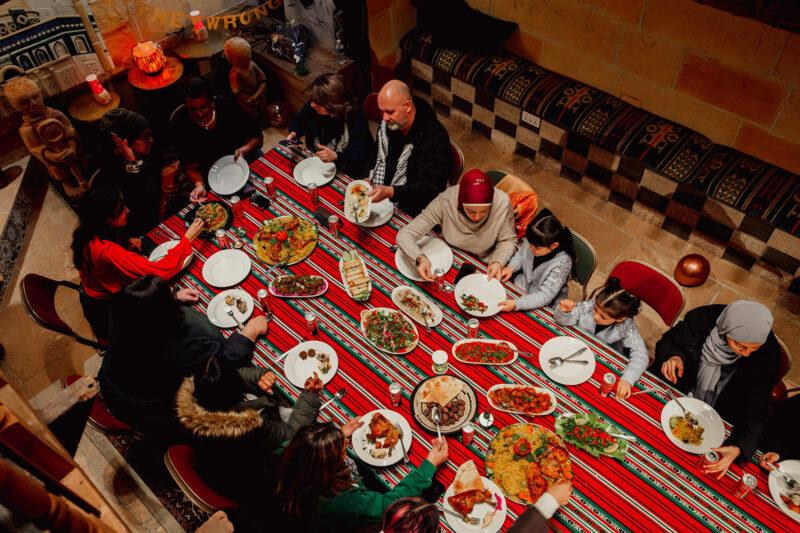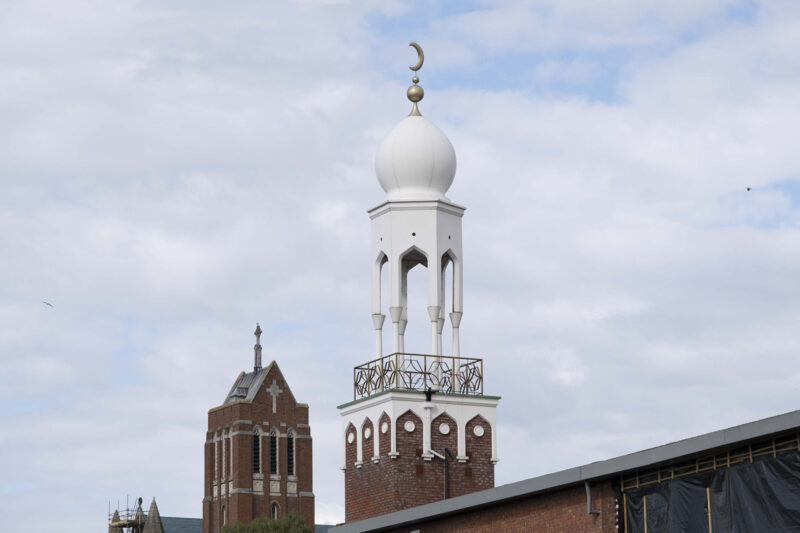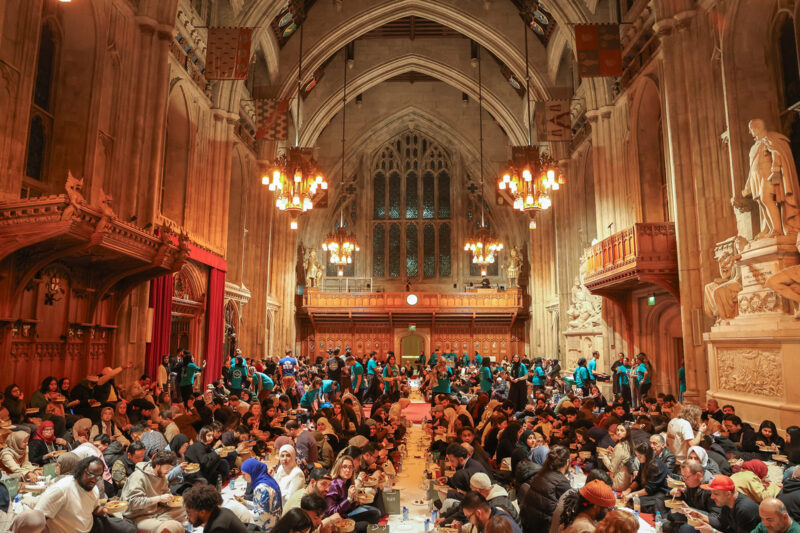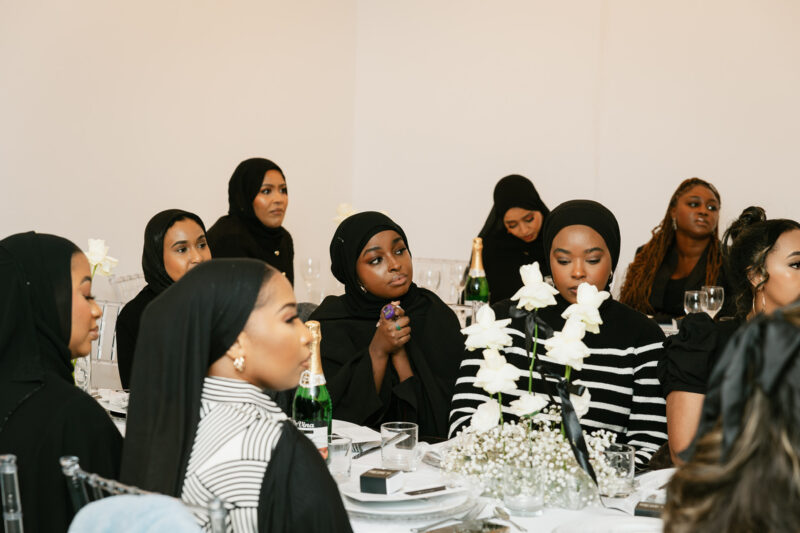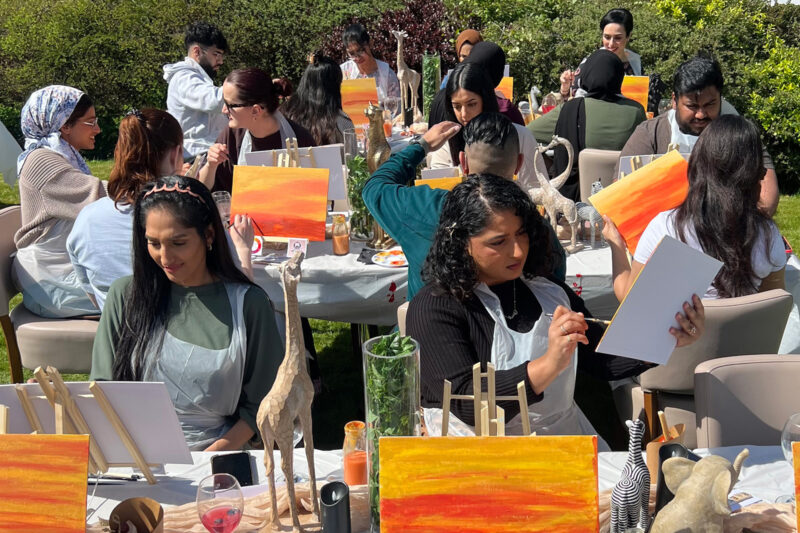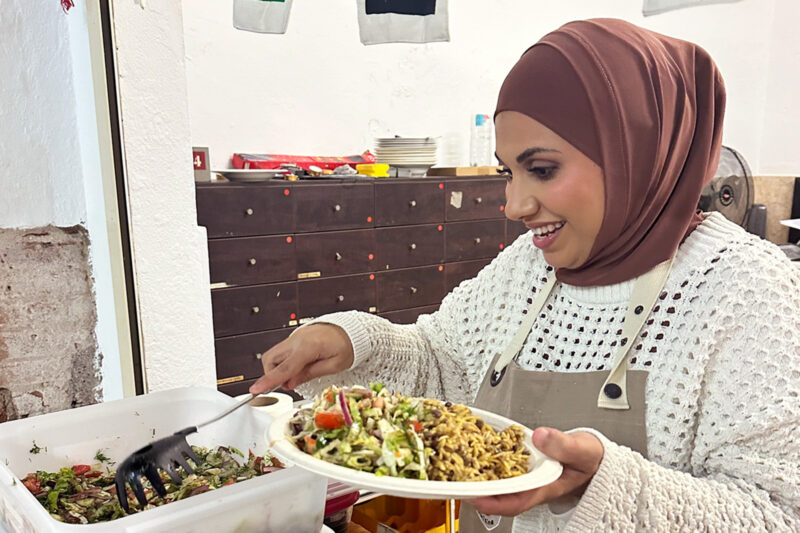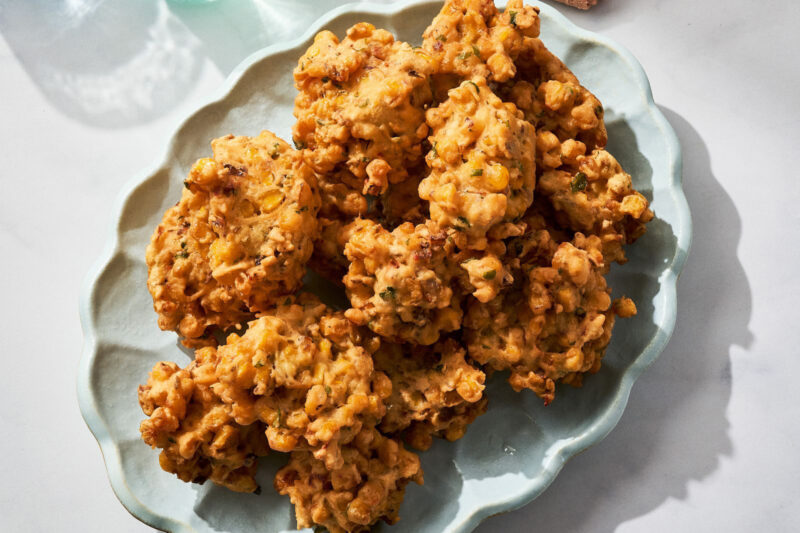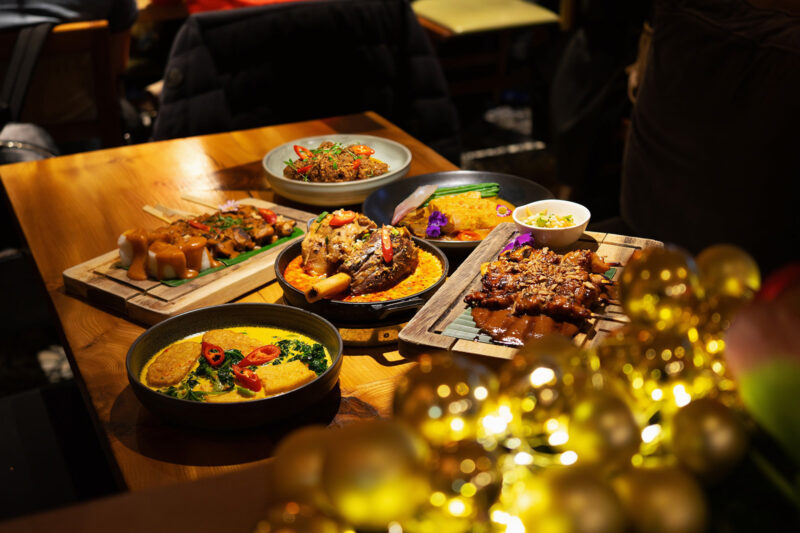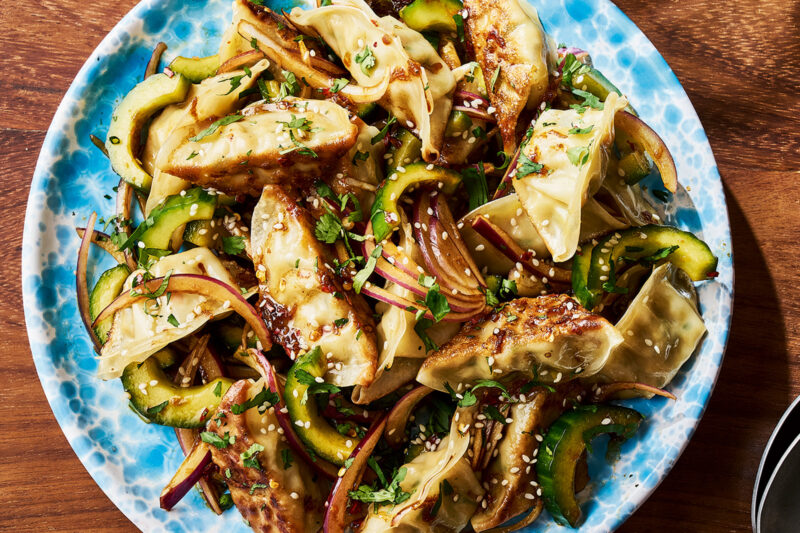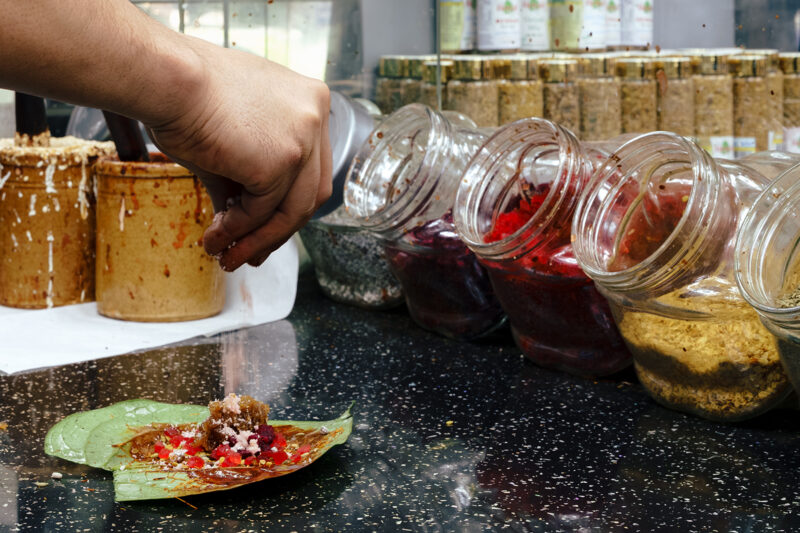Where to taste flavours from around the world this Ramadan
Seven of the best UK restaurants with global cuisines to try for iftar
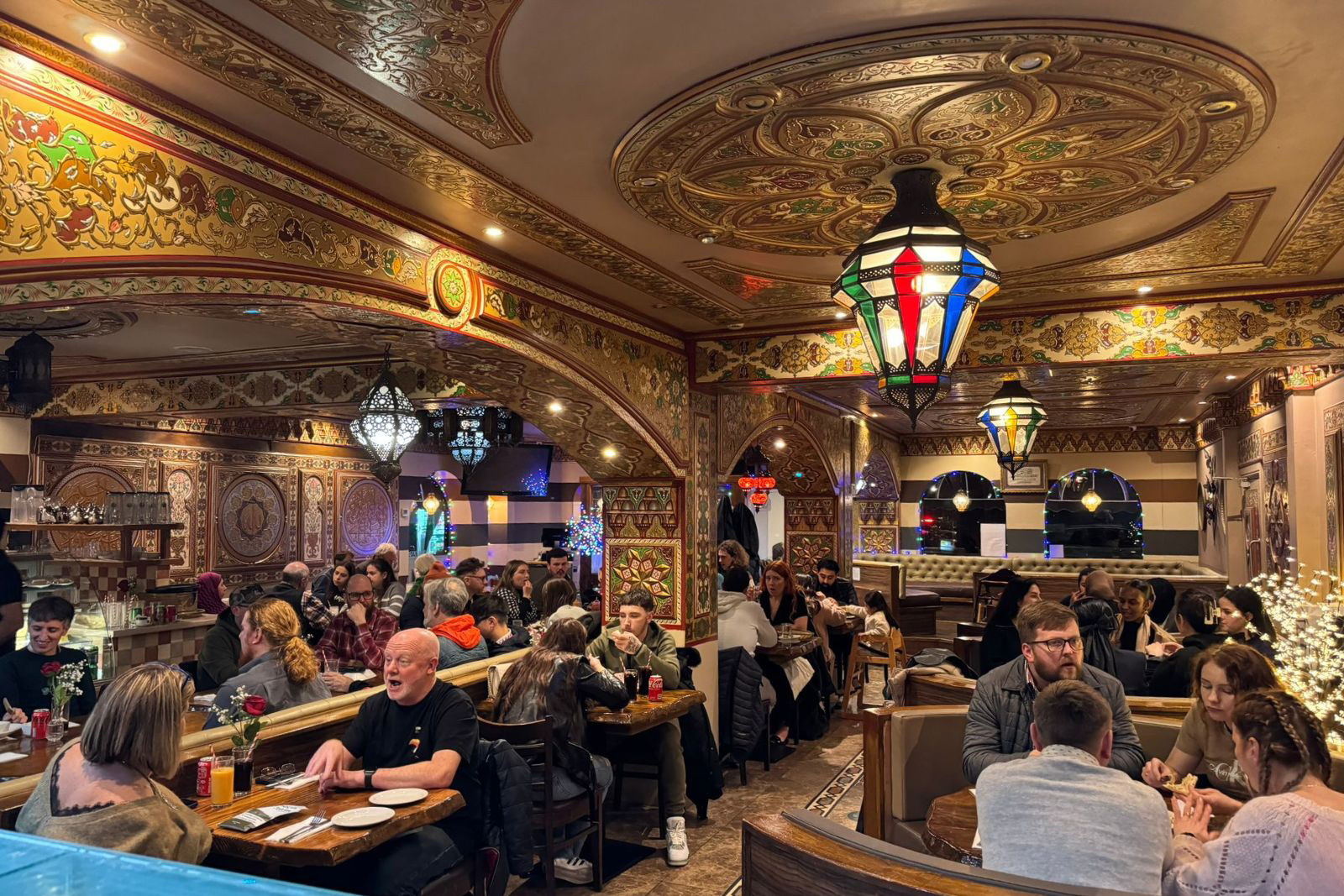
From the flourishing Yemeni food scene of Birmingham to Brick Lane’s Bangladeshi curry houses, Muslim communities in the UK reflect the diversity of the faith’s global population. Their cuisines, new or established, showcase their valuable contributions to the UK’s culinary culture. If you’re looking to experiment with a variety of international dishes this Ramadan, here are Hyphen’s top restaurant picks, each bringing their own flavours for iftar.
Palestinian: ShakeShuka, London
This Marylebone-based Palestinian restaurant has been a popular spot for Arab communities in London since its opening in 2014. The owner, Haleem Kherallah, wanted to create a restaurant that had a homely atmosphere to remind Palestinians of their grandmother’s cooking. ShakeShuka is also a great introduction for many who are new to the cuisine, known for its myriad flavours and fresh ingredients.
ShakeShuka’s decor treats visitors to a tour of Palestinian heritage before they taste the authentic, freshly made food. Highlights on the menu include knafeh, a dessert made with spun pastry soaked in a sweet syrup, or the intricate upside-down stewed rice dish, maqlobeh. “We want people to love Palestinian culture, and we want them to know that there is a Palestinian culture,” says Kherallah. To break your fast this Ramadan, ShakeShuka is offering a new dish of the day for each iftar alongside fattoush or soup as starters.
Syrian: Shaam Nights, Cardiff
Shaam Nights highlights the diversity and versatility of Syrian cuisine. Often overshadowed by its similarity to Lebanese food, Syrian food has its own unique charm, with each part of the country having a regional identity reflected in its dishes. Aleppo’s dishes, for example, are influenced by its proximity to Turkey, as well as its Armenian population. Kebab karaz, a lamb stew cooked with cherries, is a favourite dish, especially among Armenian Syrians.
Syrian owner Dr Yehya Dadam is a former Cardiff University lecturer who had always been passionate about cooking Syrian food. Opening Shaam Nights in 2013 in the inner city suburb of Roath, he wanted to bring authentic homemade Syrian dishes to Cardiff, such as freekeh, a stewed lamb with wheat.
Ramadan is a special time for the restaurant as it becomes more community oriented. “Having people celebrate in front of your eyes … eagerly waiting for the iftar time, and then having the happy moment of breaking the fast is a fantastic experience,” he says, as the community unites on one table to share a special meal.
Shaam Nights also conjures a Damascene atmosphere with its decor, reflecting the unique houses of Damascus and Aleppo with traditional patterns and antique lanterns. For the holy month, the restaurant will be offering a special two-course meal available for £15.
Iranian: Naroon, London
Naroon prides itself on keeping Iranian heritage alive, but with a twist. As one of the many restaurants in London’s vibrant Iranian food scene, Naroon distinguishes itself by offering a modern take, delivering a contemporary Persian experience. The restaurant is “made for second-generation Iranians, the people who grew up here”, as well as tourists and visitors, says co-owner Mohammad Malekzadeh. The restaurant now has three locations in central London. For its Marylebone branch, Naroon took over the site of a beloved Iranian restaurant that was forced to shut during the pandemic, continuing its legacy.
For Malekzadeh, Iranian food is shaped by patient, slow-paced cooking and a love for saffron, rose water and pistachios. Malekzadeh recommends visitors try tahchin, a baked saffron rice cake with aubergine, yoghurt and egg, and sharbat, a traditional Persian homemade drink usually made from fruit or flower petals.
Afghan/Pakistani: Shinwari, Edinburgh
The award-winning, family-run Shinwari restaurant will once again be offering its popular Ramadan and Eid buffets this year, with its menu selection changing regularly during the holy month. Customer favourites include karahi curries — meat and vegetables fried in a special wok — and dishes using grilled meats such as the South Asian flattened patties, known as chapli kebabs.
Shinwari brings the strength of Afghan flavours to central Edinburgh with the kabuli pulao, Afghanistan’s national dish — rice cooked with lamb, layered with raisins and carrots.
Yemeni: Ariyadh Arabic Restaurant, Manchester
Located in the Manchester suburb Fallowfield, Ariyadh Arabic Restaurant is a beloved spot of the city’s thriving Yemeni community. At Ariyadh, you can expect popular Yemeni dishes such as mandi and madghout — aromatic, bold rice and meat dishes — which owner Falah Alenzi describes as the “essentials”.
Also on Ariyadh’s menu is a rare dish called Omani shuwa. A favourite in Yemeni, Omani and other Gulf cuisines, the spicy marinated meat is often covered with banana leaves, then slow cooked for hours under a low fire and served with rice. Alenzi says that Ariyadh is one of the few restaurants to bring this regional dish, which is considered to be a speciality for Eid, to the UK.
Alenzi adds that Ariyadh “will be in service for all Muslims during the holy month”. For Ramadan, the restaurant is partnering with mosques in the city to offer discounted meals to support those fasting and in need.
Somali: Savannah, Birmingham and London
Somali food has long been underrated, but is finally getting well-earned attention from foodies, especially on social media. The cuisine went viral last year with influencers, such as Tiktoker Angelina Perello-Javar, posting videos of trying Somali food for the first time.
Nafisa Abdullahi, a manager in the Birmingham branch of Savannah, says the restaurant started with the goal of elevating Somali cuisine, which was previously limited to small, local cafes. “[The Somali community] are realising we have a gem on our hands, and we should be using what we are having and sharing it with the world,” she says.
Situated near a mosque in Birmingham and at the heart of the city’s large Yemeni community, Savannah has become a hub for worshippers to break their fast before heading to Tarawih prayers. The restaurant also has a private room for women to pray with their families and others.
Last year, Savannah Birmingham held its first iftar buffet, which is returning this year. “It was an opportunity for us to get to know the community,” Abdullahi says, adding that the Somali community is “naturally giving”. The buffet will change weekly, but the range of dishes will include marinated slow roasted lamb, Somali rice and grilled chicken. For starters, Savannah will be serving Somali-style chapati and sambusa, which are traditionally eaten during the holy month.
Pakistani/fusion: MyLahore, various locations
MyLahore covers British-Asian fusion by offering South Asian classics, such as samosas, pakoras and kormas, alongside a new spin on British favourites such as keema and chips. “We like to tell stories of the generation that came before us and how we’re proud to be a British-Asian kitchen,” says Molly Burgess, digital marketing manager at MyLahore.
MyLahore offers sharing boxes delivered to your doorstep or available for collection, with the aim of providing high-quality halal meals for people unable to dine at restaurants, such as families with young children and Muslims living in areas with minimal access to halal cooking.
In addition, MyLahore is offering an iftar buffet at The Glass Marquee, its venue in the grounds of a country house hotel near Blackburn, where you can break your fast amid views of Lancashire’s scenic Ribble Valley. Serving over 25 dishes, the iftar event will create a space for people to connect with others in the community. “The blessing of eating together” is at the heart of their Ramadan experience, says Burgess. “Without the people and the community, we wouldn’t be able to be who we are today.”
 Newsletter
Newsletter


